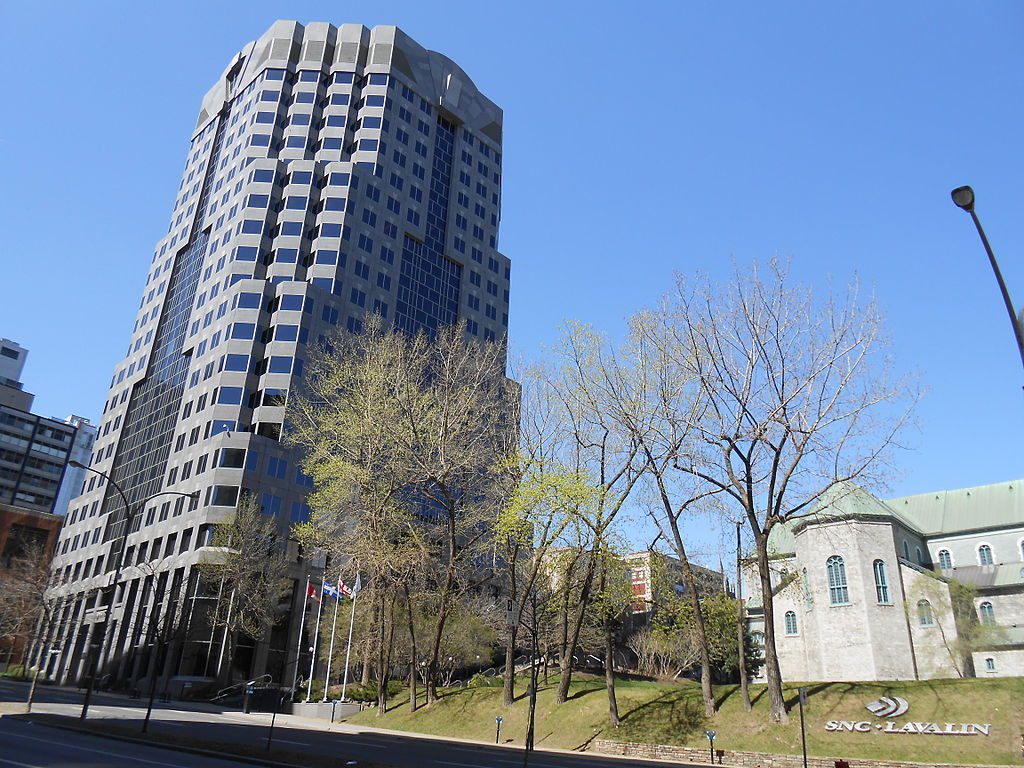SNC-Lavalin bonds weaken as S&P cuts company to cusp of junk

SNC-Lavalin Group Inc. bonds dropped after S&P Global Ratings cut the company’s credit rating to the cusp of junk, the latest blow for the Canadian engineering firm at the center of a controversy that’s ensnared Prime Minister Justin Trudeau.
Risk premiums for the company’s bonds due 2023, or the extra yield they pay compared with Canadian benchmark government securities, were quoted at more than 2.20 percentage points. That’s the widest level since the bonds were issued last March, according to data compiled by Bloomberg.
The lack of a deal with the government has probably cost SNC more than C$5 billion ($3.8 billion) in lost revenue and continues to damage its reputation
S&P cut the Montreal-based company by one level to BBB-, the lowest investment-grade rating, according to a statement Tuesday. The downgrade reflects the company’s reduced prospects for earnings and cash flow, and heightened risk from a global slowdown and potential fallout from corruption charges in Canada, S&P said.
Ethics probe
The company said Monday it failed to reach an agreement with a client in a dispute over a mining project in Latin America, prompting it to slash its profit forecast by more than 40 percent for the year. The stock and bonds plunged on the report on Monday.
SNC also faces a slowdown in its oil and gas business in the Middle East due to rising tensions between Canada and Saudi Arabia, the ratings company said. SNC also has to deal with potential fallout from fraud charges in Canada, which could result in a 10-year ban on federal contracts, S&P said.
The cut to SNC’s rating comes as Canada’s ethics watchdog said it would investigate whether Trudeau or his staff pressured his former attorney general to help the company settle corruption charges out of court. The probe follows a Globe and Mail newspaper report last week that said his office urged the attorney general to strike a deal. Trudeau and current Justice Minister David Lametti denied the report.
In October, Canadian prosecutors opted against negotiating a settlement with SNC in connection with the charges stemming from its Libyan operations about a decade ago. The lack of a deal with the government has probably cost SNC more than C$5 billion ($3.8 billion) in lost revenue and continues to damage its reputation, Chief Executive Officer Neil Bruce — who wasn’t with the company when the Libyan allegations emerged — said in December.
(By David Scanlan and Paula Sambo)
{{ commodity.name }}
{{ post.title }}
{{ post.date }}




Comments